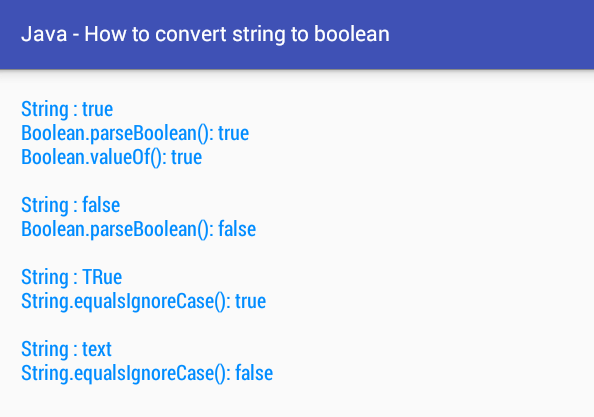

You can also nest parentheses (put one set inside of another) and the the database will work from inside out. Then it looks in those results to find "mosquito control."

You would miss out on the results that talked about rabies in only one of those kinds of animals. Without OR, you could search rabies bats possums "feral cats" and the database would return results that had all of those keywords.You are searching for two things having to do with the same concept, such as vaccine AND (measles OR "chicken pox").You have multiple ways of saying the same thing, such as U.S., U.S.A., America, and United States.OR joins two or more keywords for the same concept by telling the database that one or more of them must appear in the search results. Hint: if your topic is "the X of Y" or "the impact of X on Y," or "X as a Y," or "X in Y," you need to use an AND to join concept X and concept Y. With AND, the database knows that you need articles that contain the word Plato and the phrase "good life.".Without AND, most databases assume you meant AND anyway however, some databases may return items that mention Plato, or the "good life," but not both.If you truncate as femini*, you will get feminism, feminist, and also feminine, which may not be on topic.ĪND joins two or more concepts by telling the database that both/all of these keywords must appear in the search results.Įxample: Searching for Plato's idea of the good life.When you truncate as feminis*, you get both feminism and feminist.īe careful of truncating too early in the word itself.Without truncation, you get only feminism, but not feminist.The asterisk (*) is a kind of wild card that tells the database to find multiple "endings" of a word. It won't bring up "geese wild," or "wild animals, such as Canadian geese." With quotation marks, the database ignores articles that do not contain the exact phrase "wild geese".You might get search results about how well domestic geese survive in the wild. Without quotation marks, the database finds the word wild and the word geese separately.Quotation marks tell the database to take the phrase as a whole, and search for the words together, and in order. Now let's go into a little more detail about each operator. 6 - Citing Information Sources Toggle Dropdown What Does the Information Source Tell You About Itself?.5 - Evaluating Information Sources Toggle Dropdown Searching Outside the SUNY Empire Library.Citation Chaining (or Reference Mining).Refining Results by Date, Peer Review and Document Type.Information Sources for Different Audiences and Purposes.Current and Retrospective Information Sources.Primary, Secondary and Tertiary Information Sources.Scholarly, Popular and Trade Information Sources.2 - Understanding Information Sources Toggle Dropdown

Getting Background Information About Your Topic.Turning A Topic Into A Research Question.1 - Developing Research Questions Toggle Dropdown


 0 kommentar(er)
0 kommentar(er)
